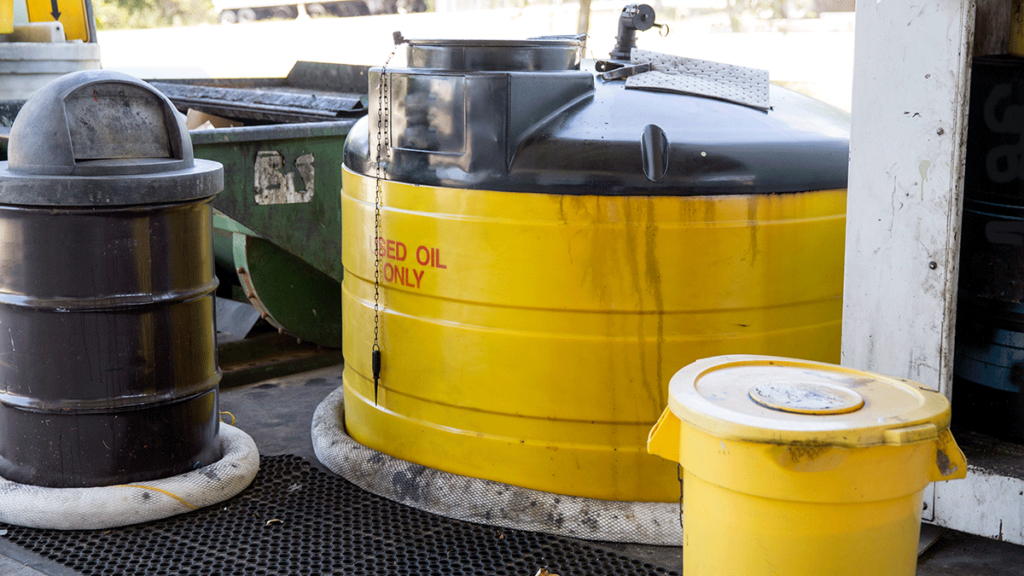Sustainable Oil Recycling
The automotive industry relies heavily on motor oil for optimal engine performance and lubrication. However, the improper disposal of used motor oil can have detrimental effects on the environment, including soil and water contamination. To address this issue, innovative methods of recycling and repurposing used car oil have emerged. This article explores the importance of sustainable oil recycling in the automotive industry, the benefits it brings to the environment, and the advancements in technology that facilitate its implementation.

The Need for Sustainable Oil Recycling
Used motor oil contains harmful contaminants such as heavy metals, additives, and chemicals that can pose serious risks to the environment if not properly handled. It is estimated that a single gallon of used motor oil can contaminate up to one million gallons of water. Sustainable oil recycling aims to break this cycle of pollution by reprocessing used oil into valuable resources, reducing the need for virgin oil production, and minimizing the environmental impact.
The Process of Oil Recycling
Sustainable oil recycling involves a series of processes to remove impurities and contaminants from used motor oil, making it suitable for reuse. The first step is collection and separation, where used oil is collected from various sources, such as automotive service centers and recycling facilities. It is then subjected to a thorough filtration and purification process to remove contaminants, including water, solids, and additives. The purified oil undergoes further treatment, including distillation, hydro finishing, or re-refining, to restore its quality and performance. The end result is a recycled oil product that meets industry standards and can be used in various applications.

Environmental Benefits and Advancements
Sustainable oil recycling offers significant environmental benefits. By repurposing used motor oil, it helps conserve valuable natural resources, reduce energy consumption, and lower greenhouse gas emissions associated with the production of virgin oil. Moreover, recycling used oil prevents the release of hazardous substances into the environment, protecting soil, water sources, and ecosystems. Advanced technologies, such as vacuum distillation and hydrotreating, have enhanced the efficiency and effectiveness of oil recycling processes, ensuring high-quality recycled oil and minimizing waste generation.
Promoting Responsible Disposal and Awareness
To further promote sustainable oil recycling, it is essential to raise awareness among consumers and automotive professionals about the importance of responsible disposal and recycling of used motor oil. Public education campaigns can emphasize the environmental impact of improper disposal methods and highlight the benefits of recycling. Additionally, automotive service centers and oil change facilities can play a crucial role by providing collection points for used oil and facilitating its proper recycling.
Wrap up
Sustainable oil recycling is a critical practice in the automotive industry that helps mitigate environmental pollution, conserve resources, and reduce the industry’s ecological footprint. By repurposing used motor oil through advanced recycling technologies, we can effectively minimize waste, preserve valuable resources, and protect the environment. Promoting responsible disposal practices and raising awareness about oil recycling among consumers and industry professionals are essential steps in fostering a more sustainable future for the automotive sector. Together, through sustainable oil recycling, we can contribute to a cleaner and greener planet.


